Working from anywhere just got a whole lot easier for Americans. More countries than ever are rolling out special visas designed specifically for remote workers and digital nomads. These new programs let you live legally in amazing places while keeping your job or running your online business. Ready to turn your home office into a beachside café or mountain retreat?
1. Portugal – D7 Passive Income/Digital Nomad Visa

Portugal’s D7 visa opens doors to European living with a surprisingly affordable income requirement. You’ll need to show $3,350 monthly income, which covers everything from Lisbon’s trendy neighborhoods to Porto’s historic charm.
The real magic happens after five years when you become eligible for EU residency. This means you can live and work anywhere in Europe legally.
Portugal offers excellent internet speeds, a growing expat community, and that famous work-life balance Europeans are known for. The weather doesn’t hurt either.
2. Spain – Freelance/Digital Nomad Visa

Spain’s new digital nomad visa comes with a game-changing tax break for 2025. Remote workers pay just 15% tax for their first four years, making this one of Europe’s most attractive options financially.
The $2,600 monthly income requirement is reasonable considering Spain’s quality of life. From Barcelona’s beaches to Madrid’s culture scene, you’ll have plenty of inspiring places to work.
The visa lasts one year initially but can lead to permanent residency. Spain’s excellent healthcare system and strong digital infrastructure make daily life smooth and stress-free.
3. Germany – Freiberufler Visa
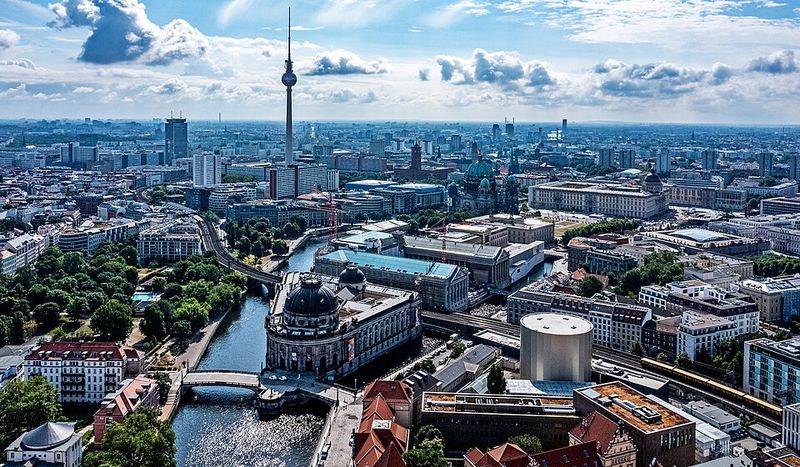
Germany’s Freiberufler visa requires registering as a freelancer, but it opens access to Europe’s economic powerhouse. The $3,500 monthly income requirement reflects Germany’s higher cost of living and strong economy.
Berlin’s startup scene and Munich’s tech industry provide endless networking opportunities. German bureaucracy might seem intimidating, but the systems work efficiently once you understand them.
The visa lasts 6-12 months initially and can be extended. Germany’s central location makes weekend trips to neighboring countries incredibly easy and affordable.
4. Croatia – Digital Nomad Residence Permit
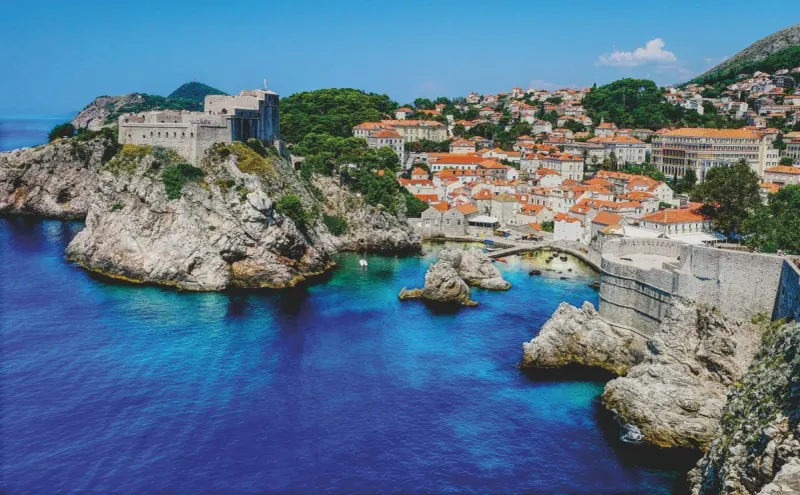
Croatia offers something unique: completely tax-free remote work income for digital nomads. This Mediterranean gem requires $2,600 monthly income and grants one-year stays that make summer workdays feel like vacation.
Split and Dubrovnik provide stunning coastal offices, while Zagreb offers urban amenities at lower costs. The visa isn’t renewable, so plan your year carefully.
Croatia’s growing nomad community and excellent internet infrastructure support remote work perfectly. The country’s recent EU membership adds stability and convenience for American visitors.
5. Greece – Digital Nomad Visa

Greece streamlined their digital nomad visa processing to just 30 days for 2025, making it faster to start your Mediterranean adventure. The $3,800 monthly requirement reflects Greece’s growing appeal among remote workers.
Athens combines ancient history with modern connectivity, while Greek islands offer unbeatable work-life balance. The initial year can extend to two years, giving you time to explore everything.
Greek hospitality makes integration easy, and the lower cost of living stretches your income further. The visa provides access to excellent healthcare and reliable internet throughout the country.
6. Italy – Self-Employment Visa

Italy’s self-employment visa just added a “Remote Worker” category, making it easier for Americans to live la dolce vita legally. The requirements are surprisingly modest: $9,000 annually plus health insurance.
Rome, Milan, and Florence offer world-class culture alongside reliable internet and coworking spaces. The visa leads to EU residency, opening doors across Europe.
Italian bureaucracy requires patience, but the lifestyle rewards are immense. From Tuscan vineyards to Sicilian beaches, Italy provides endless inspiration for remote work. The food scene alone makes this visa worth considering seriously.
7. Estonia – Digital Nomad Visa

Estonia pioneered digital governance, making it perfect for tech-savvy nomads. The $4,500 monthly requirement is steep, but Estonia offers free coworking spaces and incredibly fast internet nationwide.
Tallinn’s medieval charm meets cutting-edge technology, creating a unique work environment. The visa lasts one year and provides access to Estonia’s famous e-residency benefits.
Winter temperatures drop significantly, but the summer months offer nearly 24-hour daylight for maximum productivity. Estonia’s startup ecosystem and English-speaking population make networking and daily life surprisingly easy for Americans.
8. Iceland – Long-Term Visa for Remote Workers

Iceland’s remote work visa offers six months in one of the world’s most spectacular countries, but comes with a unique catch: you must leave for six months afterward.
The $7,500 monthly requirement reflects Iceland’s high cost of living, but the experience is incomparable. Reykjavik provides excellent internet and coworking spaces surrounded by otherworldly landscapes.
Northern lights, geysers, and glaciers become your weekend entertainment. The mandatory break prevents permanent residency but ensures you’ll appreciate every moment of your Icelandic work adventure.
9. Czech Republic – Freelance Visa (Živno)
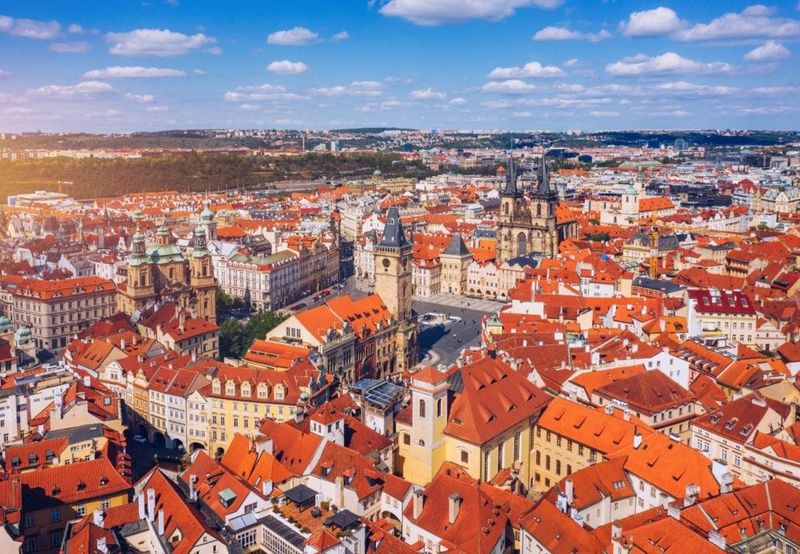
Czech Republic now accepts U.S. LLC income for their freelance visa, simplifying the application process significantly. You’ll need $6,000 in your bank account plus a trade license.
Prague offers incredible value with its stunning architecture, thriving expat community, and central European location. The visa lasts 1-2 years and provides excellent access to EU travel.
Czech beer culture and affordable living costs make this an attractive option for budget-conscious nomads. The country’s growing tech scene and English-friendly environment ease the transition from American work life.
10. Malta – Nomad Residence Permit
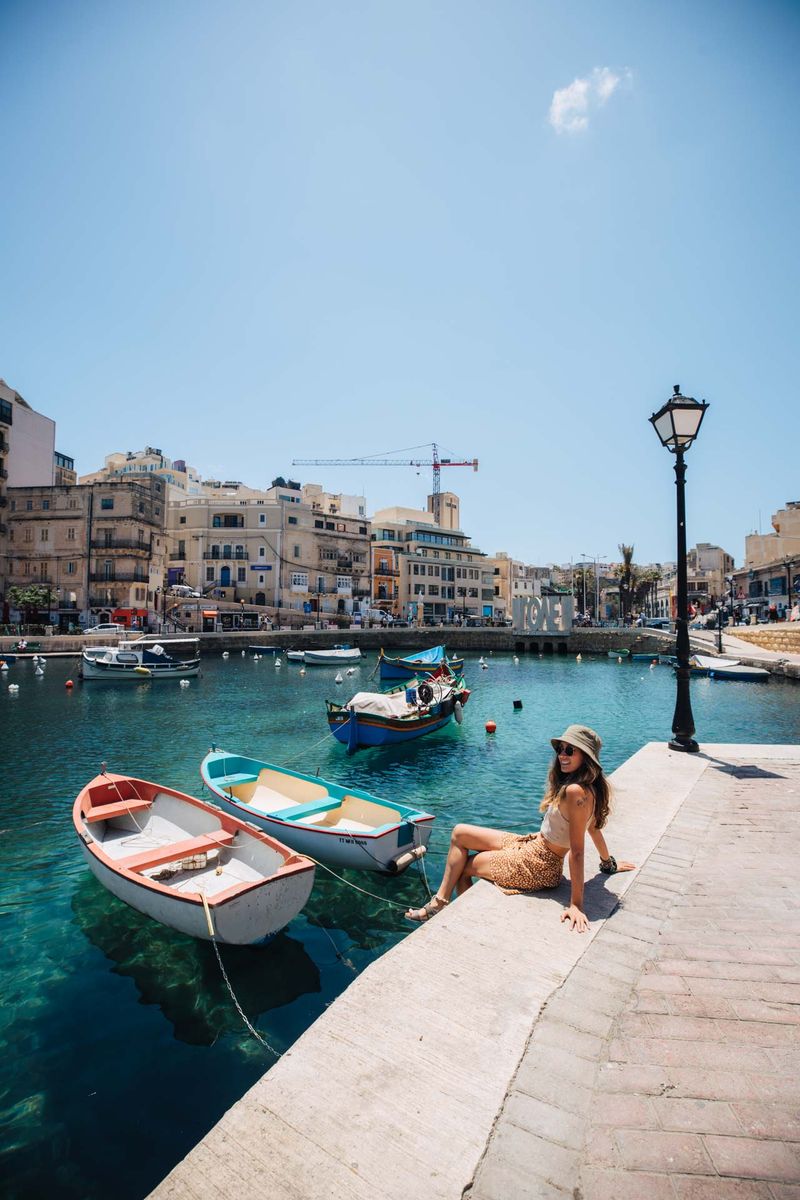
Malta’s biggest advantage for Americans is English-speaking bureaucracy, eliminating language barriers completely. The $3,300 monthly requirement grants access to this Mediterranean island nation with excellent connectivity.
Valletta combines UNESCO World Heritage sites with modern amenities and reliable internet. The visa renews annually and provides EU access for weekend European adventures.
Malta’s compact size means you’re never far from the beach, while the growing fintech industry offers networking opportunities. Year-round sunshine and a strong expat community make integration smooth and enjoyable.
11. Romania – Digital Nomad Visa
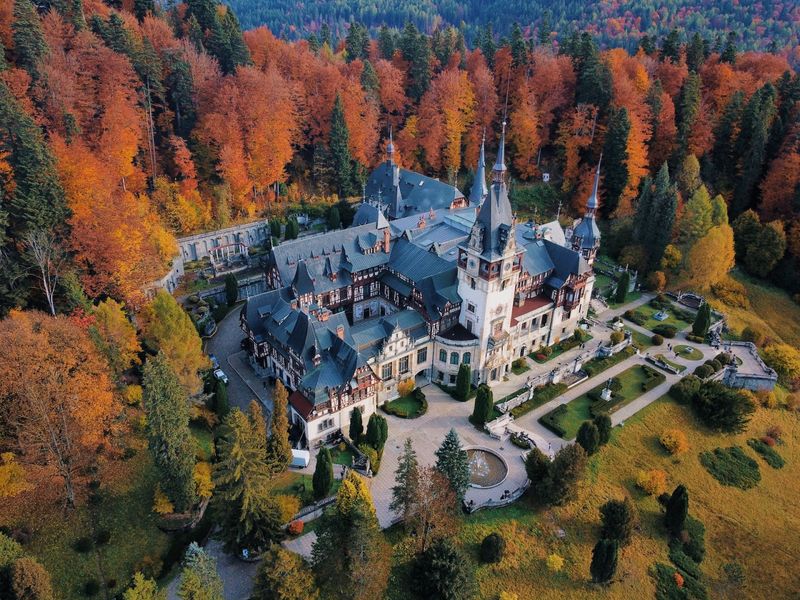
Romania’s 2025 game-changer eliminates income tax for digital nomads, making the $3,900 monthly requirement much more attractive financially. Bucharest offers excellent value and growing tech infrastructure.
The capital combines Eastern European charm with modern amenities and surprisingly good internet speeds. One-year visas provide enough time to explore Transylvania’s castles and Black Sea beaches.
Romania’s lower cost of living means your income stretches further, while the tax exemption maximizes savings. The country’s EU membership provides stability and travel opportunities throughout Europe.
12. Hungary – White Card Visa

Hungary’s White Card visa just added a “Guest Investor” option, expanding opportunities beyond traditional remote work. The $2,200 monthly requirement makes this one of Europe’s most affordable options.
Budapest’s thermal baths and ruin bars create a unique work-life balance, while the city’s central location enables easy European travel. The visa extends annually and leads to permanent residency options.
Hungarian cuisine and affordable living costs stretch nomad budgets significantly. The growing startup scene and English-speaking younger population make networking and daily life increasingly comfortable for Americans.
13. Norway – Independent Contractor Visa

Norway’s two-year visa requires proving client diversity, making it ideal for established freelancers with multiple income streams. The $40,000 annual requirement reflects Norway’s high living standards.
Oslo and Bergen offer incredible natural beauty alongside excellent internet infrastructure. Norwegian work culture emphasizes balance, making this perfect for nomads seeking healthier lifestyles.
The midnight sun and northern lights provide unique seasonal experiences. Norway’s oil wealth creates expensive living costs but also exceptional public services and infrastructure that support remote work beautifully.
14. Costa Rica – Rentista Visa
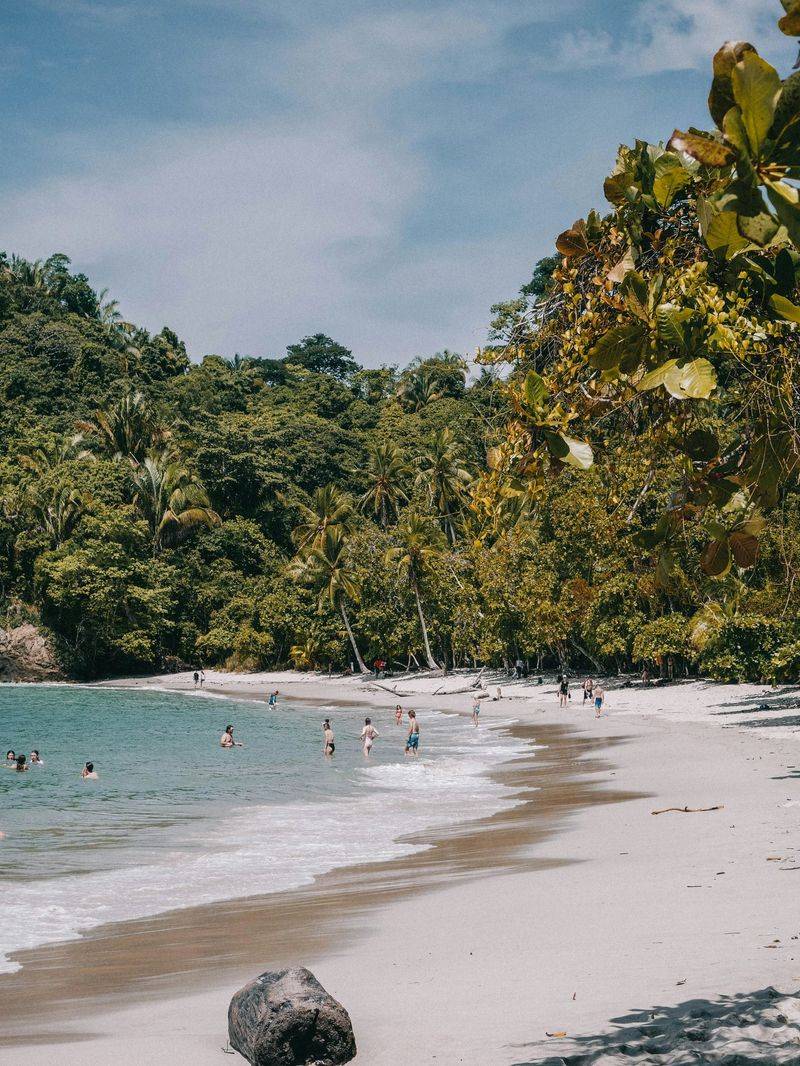
Costa Rica updated their Rentista visa to accept remote employment, not just passive income. The $3,000 monthly requirement grants two years in this Central American paradise.
San José provides urban amenities while beach towns like Tamarindo offer tropical work environments. Costa Rica’s “Pura Vida” lifestyle emphasizes happiness and work-life balance.
The country’s political stability and excellent healthcare system provide security for long-term stays. Adventure sports and eco-tourism offer incredible weekend activities, while the growing expat community provides instant social connections.
15. Mexico – Temporary Resident Visa
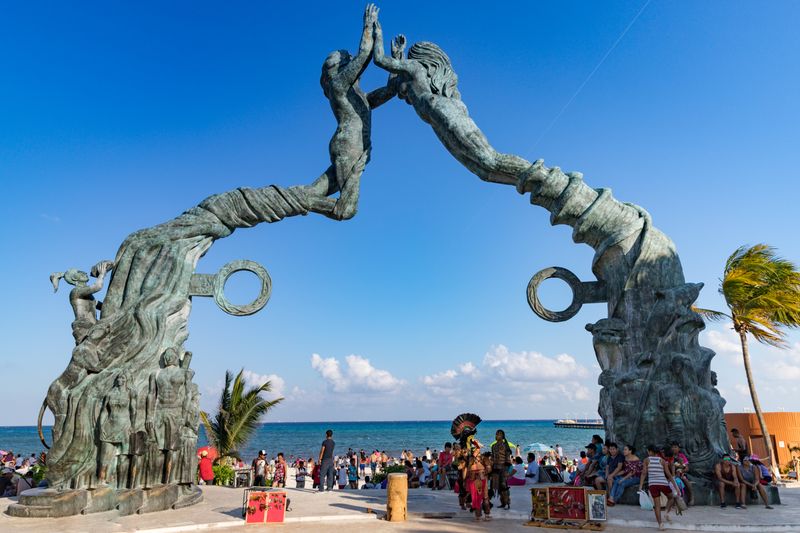
Mexico eliminated border runs for their temporary resident visa, allowing 1-4 year stays with the $2,600 monthly requirement. This makes long-term planning much easier for nomads.
From Mexico City’s vibrant culture to Playa del Carmen’s beaches, options suit every work style. The visa’s flexibility and proximity to the US make it incredibly convenient.
Mexican cuisine, affordable living costs, and warm hospitality create an welcoming environment. The strong expat community and improving internet infrastructure support the growing digital nomad movement throughout the country.
16. Colombia – Digital Nomad Visa (V Nómadas)

Colombia’s V Nómadas visa offers two years at just $900 monthly income, making it incredibly accessible. Medellín now provides coworking subsidies, reducing costs even further.
The “City of Eternal Spring” boasts perfect weather year-round and a thriving nomad community. Bogotá and Cartagena offer different experiences within the same visa program.
Colombian coffee culture and friendly locals create an welcoming atmosphere for remote workers. The low cost of living and improving safety situation make Colombia increasingly attractive for budget-conscious nomads seeking adventure.
17. Argentina – Digital Nomad Visa
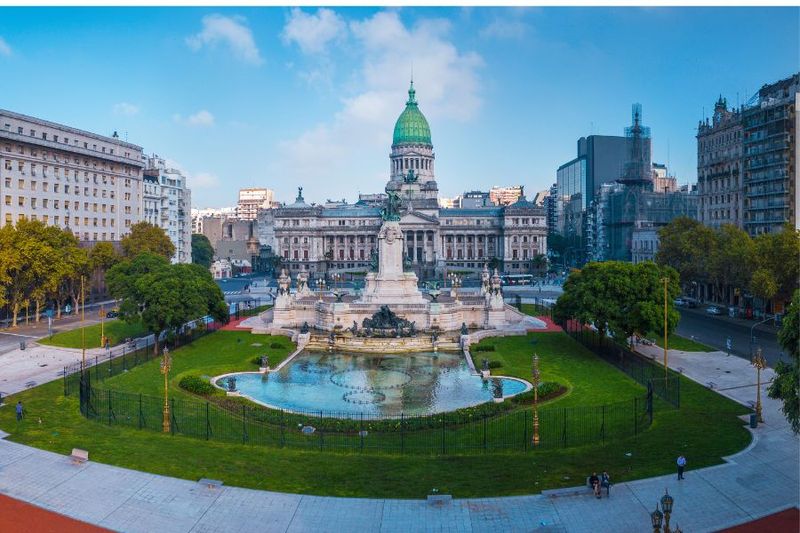
Argentina’s digital nomad visa includes a six-month tax exemption, making the $2,500 monthly requirement more attractive. Buenos Aires offers European elegance at South American prices.
The visa renews annually and provides access to incredible wine regions, stunning landscapes, and vibrant tango culture. Argentina’s economic challenges actually benefit nomads with strong dollar income.
Patagonia’s natural beauty and Buenos Aires’ cosmopolitan atmosphere provide diverse experiences. The six-month tax break and favorable exchange rates maximize purchasing power for American nomads significantly.
18. Brazil – Digital Nomad Visa
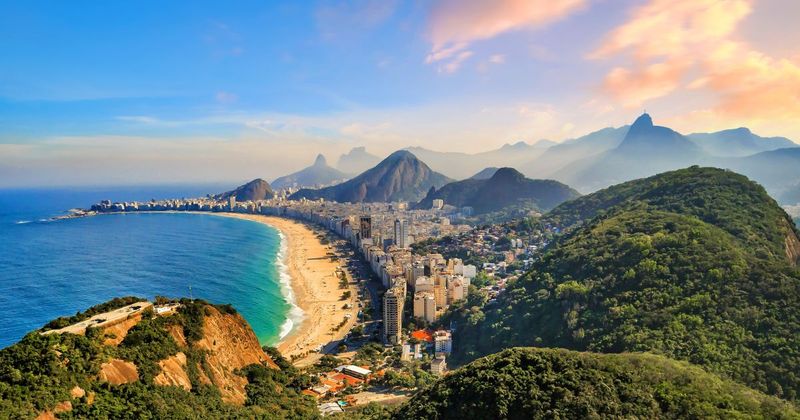
Brazil eliminated Portuguese language requirements for their digital nomad visa, making it accessible to more Americans. The $1,500 monthly requirement is extremely reasonable for such a large country.
Rio de Janeiro’s beaches and São Paulo’s business district offer contrasting work environments. The visa extends annually and provides access to Amazon adventures and carnival culture.
Brazilian warmth and hospitality make integration easy, while the growing tech scene provides networking opportunities. The favorable exchange rate and incredible natural beauty create an unbeatable combination for remote workers.
19. Indonesia (Bali) – B211a Visa

Bali’s B211a visa now offers faster online processing, making it easier to start your tropical work adventure. The $1,800 bank requirement is refreshingly low for such a popular destination.
Canggu and Ubud have become nomad headquarters with excellent coworking spaces and reliable internet. The six-month renewable visa provides flexibility for extended stays.
Indonesian hospitality and Bali’s spiritual atmosphere create unique work environments. The incredible food scene, yoga culture, and affordable living costs make this a top choice for wellness-focused nomads seeking inspiration.
20. Thailand – LTR Visa (Remote Work Category)

Thailand’s LTR visa offers five years with a 17% flat income tax rate, making long-term planning possible. The $80,000 annual requirement targets established remote professionals.
Bangkok’s modern infrastructure and island work retreats provide incredible variety. The visa’s length eliminates constant renewal stress while providing access to Southeast Asian travel.
Thai cuisine, Buddhist culture, and tropical beaches create an inspiring work environment. The kingdom’s excellent healthcare system and growing digital infrastructure support the increasing nomad population throughout the country.
21. UAE (Dubai) – Virtual Work Residence

Dubai’s Virtual Work Residence offers zero income tax, making the $5,000 monthly requirement more palatable. This futuristic city provides world-class infrastructure and connectivity.
The visa lasts one year and grants access to luxury amenities, excellent healthcare, and strategic location between Europe, Asia, and Africa. Dubai’s international atmosphere welcomes nomads easily.
Desert adventures and urban sophistication create unique contrasts for remote workers. The tax-free income and first-world infrastructure make Dubai attractive for high-earning nomads seeking luxury and efficiency.
22. South Africa – Remote Work Visa

South Africa’s new Cape Town fast-track processing makes starting your African adventure quicker than ever. The $3,000 monthly requirement provides access to incredible diversity and natural beauty.
Cape Town’s wine regions and Johannesburg’s business district offer contrasting experiences. The visa lasts one year and provides access to safari adventures and cultural richness.
The favorable exchange rate stretches nomad budgets significantly, while English language eliminates communication barriers. South Africa’s time zone works well with both European and American clients for remote work scheduling.



